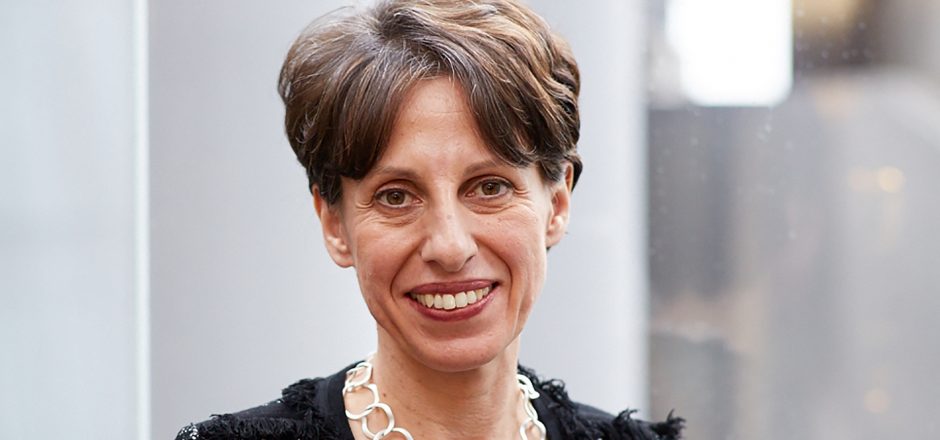Supply chain disruption and the fallout from the Covid-19 pandemic have seen pre-tax profits at the Co-op Group drop £70m to £57m (2021: £127m), although the figure is up from the pre-pandemic figure of £24m for 2019.
Group chair Allan Leighton said: “The economic headwinds look stark and will be tricky to navigate, but through our continued planned strategic investments, our Co-op is well placed to ride out the storm and prosper beyond.”
Underlying operating profit in 2021 was £100m (2020: £235m, 2019: £173m) and the Group reported an underlying loss before tax of £32m compared to a £100m profit in 2020 (2019: £35m profit).
A tax charge of £25m meant the Group recorded an overall profit of £32m from continuing operations in 2021 (2020: £72m and 2019: £49m).
Net debt stands at £920m, (2019: £695m, 2020: £550m) “reflecting various factors, including increased capital expenditure, investment in stock during supply chain disruption, negative cash flow timings and furlough repayment”. The Group adds that net debt “has improved significantly since year-end”.
The figures, in the Group’s annual report for the year ended 1 January 2022, come as the UK faces a tough economic outlook, hit by the disruptions of Covid-19 and the Ukraine conflict and a worsening cost-of-living crisis.
Interim CEO Shirine Khoury-Haq said: “The last year has seen us facing some significant challenges, including significant supply chain issues in the second half coming at the same time as our Food business transformation and increasing inflationary pressures.

“The difficult operating environment disproportionately impacted our Food business, given its focus on the community convenience market, with an operating model that is more reliant on flexibility in the supply chain.”
But she said the Group is “a business designed for the long term and that is the path we are on“.
She added: “We continue to be driven by our vision of co-operating for a fairer world and have a platform of businesses in the right markets to drive change and get closer to our members, customers and communities. The significant investment we have made across our business in recent years now provides the basis for us to move forwards in a more efficient manner.
“As we look ahead, our focus must be on accelerating growth in our Food business through our four routes to market, whilst expanding our Life Services businesses, from Funeralcare to Insurance and Legal Services. We must also ensure our businesses are there for our members, customers, communities and suppliers who are experiencing the effects of the cost-of-living crisis, as we continue to focus on our Honest Value range in Food and affordable services across Life Services.“
Related: Steve Murrells to step down as Co-op Group CEO
Total sales across Food and Wholesale were £9.1bn, up from a pre-pandemic £8.9bn for 2019: £8.9bn, and down from 2020, when the £9.3bn had a boost from extra lockdown trade.
Underlying demand is strong, says the report, with two-year like-for-like growth of 3.3% (excluding Fuel) and more
than 9% in Wholesale.
For Funeralcare, overall revenue is slightly down on the prior year by £8m to £264m (2020: £272m), reflecting lower death rate after the peak of the pandemic.
In the Insurance business, the report says a “new capital-light and customer-centric business model has driven return to profitability”. New business sales are £34m, up on the previous year (2020: £6m).
Legal services saw overall revenue up 9% compared to the previous year to £39m (2020: £37m) with profits also increasing.
The Group saw a significant boost to its membership, with more new members recruited than in the previous two years – 517,000 (2019: 470k) (2020: 445k). And 39% of those new members were aged 35 and under.
Rewards shared to members and communities totalled £42m (through 2% returned to members and 2% given to community groups on purchases of own-brand products), and members saved an additional £10m through redeeming digital offers. In the previous year, members earned £58m through the 2% + 2% community and member rewards (2019: £70 million; prior to October 2020 rewards were earned at 1% (community) and 5% (members)).
Key investments include £140m in the food store estate, with 50 new stores; 87 store refits; 25 relocations and 15 store extensions. Supply chain investment, including the Group’s new depot, totalled £39m and £20m was invested on an annualised basis to align frontline colleague pay to the Real Living Wage.
The Group continued its Co-operating for a Fairer World strategy, including measures for the cost of living crisis, with £8.7m investment across 102 Honest Value products, “absorption of supplier inflation on key products” in Food, and holding prices in Funeralcare.
The Group reached a milestone of £100m of funds shared with local communities, causes and charity partners over the last five years. More than 1 million members selected a Local Community Fund cause in the last round of funding and the Group raised more than £4.5m in 2021 through partnerships with Mind, Inspire and SAMH, helping more than 8,000 people.
Two “major new colleague policies” were launched on domestic violence and pregnancy loss and there was the Group continued its training and tech investment as it battled an ongoing problem of shoplifiting and attacks on store workers.
And it launched its 10-Point Climate Plan, with significant commitments including reaching net zero by 2040 and becoming the world’s first food retailer to produce carbon-neutral own-brand food and drink by 2025.

